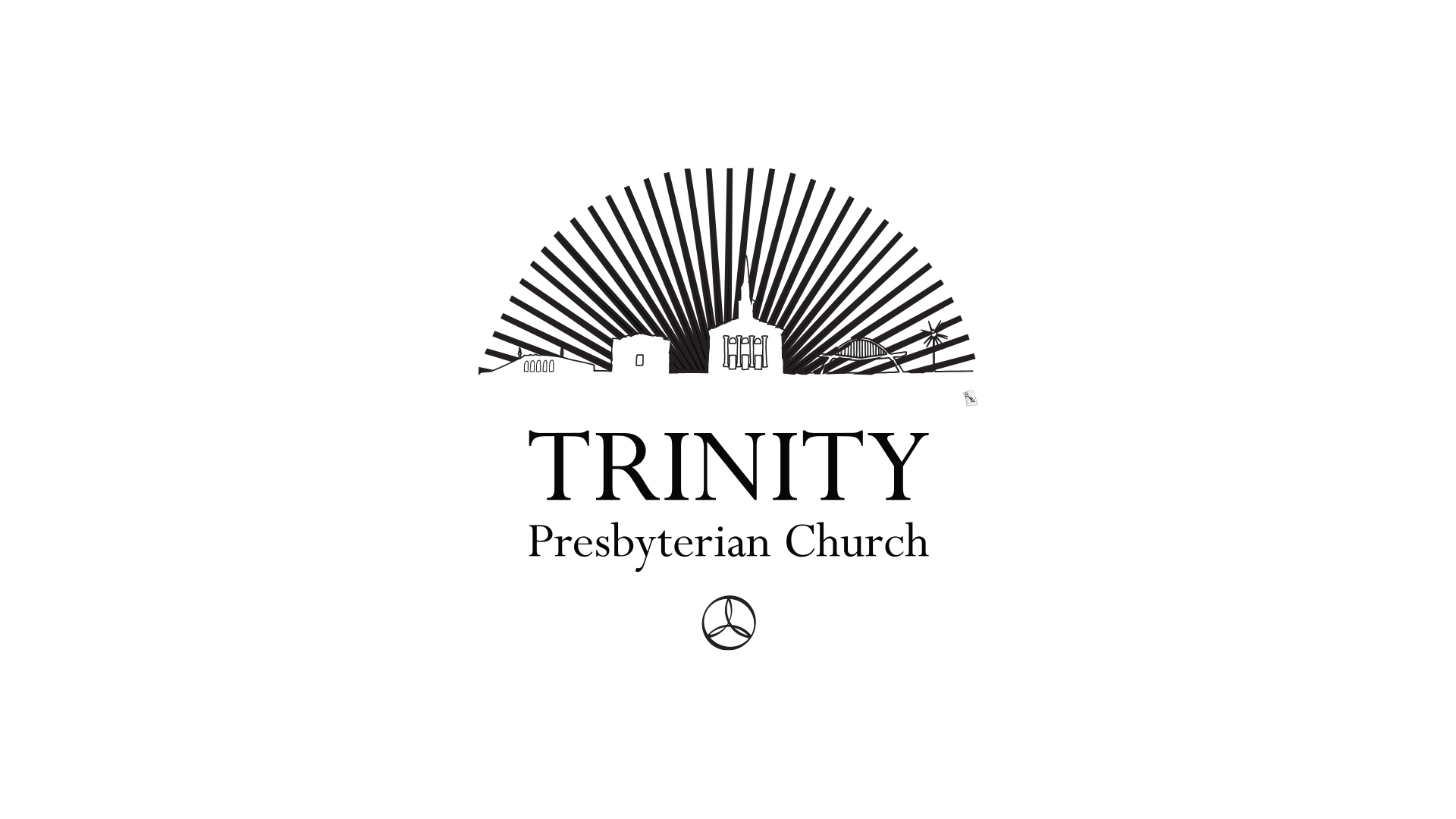What's old is new again

Surely you’ve heard the expression, “The more things change, the more they stay the same.” As I continue to think about (what I’ve referred to as) innovation, it’s ironic that the “new ideas” or innovations I’ve alluded to are not new at all in history. They’re just new to our culture or generation.
Let’s go way back in time. When thinking about this new thing called the early church, how were they revolutionary and profoundly ground-breaking in how they thought and lived? They were alternately viewed as criminals and heroes. They were seen as frighteningly risk-taking and also unrivaled in how they were safe.
What do I mean? As criminals or revolutionaries, early Christians in the Roman world were viewed as traitorous by many because they advocated a new King — Jesus, instead of Caesar. Most early martyrdoms in the first two centuries traced back to this. So catch that it was a belief. Christians were viewed as dangerous because of what they believed. There is a King higher than Caesar, worthy of everyone’s allegiance.
We need that kind of courageous belief again. Do you believe that in the end, at the base of all reality and responsible for all existence, is this One named Jesus? This is a belief that is unsettling to many — and on both ends of the social/political spectrum. Not a Jesus who endorses your agenda, but Someone who will judge everyone. All over the world. From and for all time.
Early believers were also viewed as criminals because many in Roman culture thought they were incestuous or even cannibals. They all referred to one another as brothers and sisters, as if they were all family. They ate the body and blood of Jesus! In what has to be one of the most ironic charges to be leveled against Christians, many in 1st-century Roman culture suspected early believers of being sexually illicit! The truth was just the opposite because while Greco-Roman sexual norms were so scalding that they are only now being rivaled again in broad Western culture, early Christians were stunning in their courage and integrity to live sexually faithful to God’s design in His Word. If not married, Christians did not participate in any sexual conduct. And they held the line against a raging torrent of sexual immorality throughout the Roman world.
We need that kind of courageous integrity again. And this was not, and is not, a belief that stems from fear or repression. Sexual integrity flows from love for Jesus — who remained sexually faithful waiting for HIS wedding feast — and love for neighbor to not ever sexually use or exploit a fellow creature.
And how were early believers risk-takers and heroic? I suspect you’re aware of some martyrdom stories, where believers joyfully chose death rather than renounce their faith in Jesus. But they risked their financial welfare by taking care of people in need, of even the sick members of pagan families (without a welfare system, this means they themselves paid for medical care for unbelieving friends or family). They took in babies who were “exposed” — the Roman practice close to abortion, where unwanted babies were left out exposed to the elements or predators. Christian believers bore the consequences of other people’s sexual immorality, working to break cycles of exploitation with love, sacrifice, and enduring hospitality.
We need that kind of courageous generosity again. How courageous, and yet how so very non-threatening! And this all flows straight from what we believe we have received from Jesus. God so loved that He gave… and as Jesus taught us in Matthew, “Freely you have received; freely give.” And one thing that almost no one can argue with is stunning, free, generous love. So are these innovations? Really?? They are in the sense that very few in our culture live this way anymore. But we know, from the faithful legacy of our spiritual forebears, that what’s new is actually very, very old. “There’s nothing new under the sun.”
More in Announcements
April 18, 2024
I know this seems really odd, but ...April 5, 2024
How do you feel about seeking something that's lost?March 14, 2024
Continuity and Change